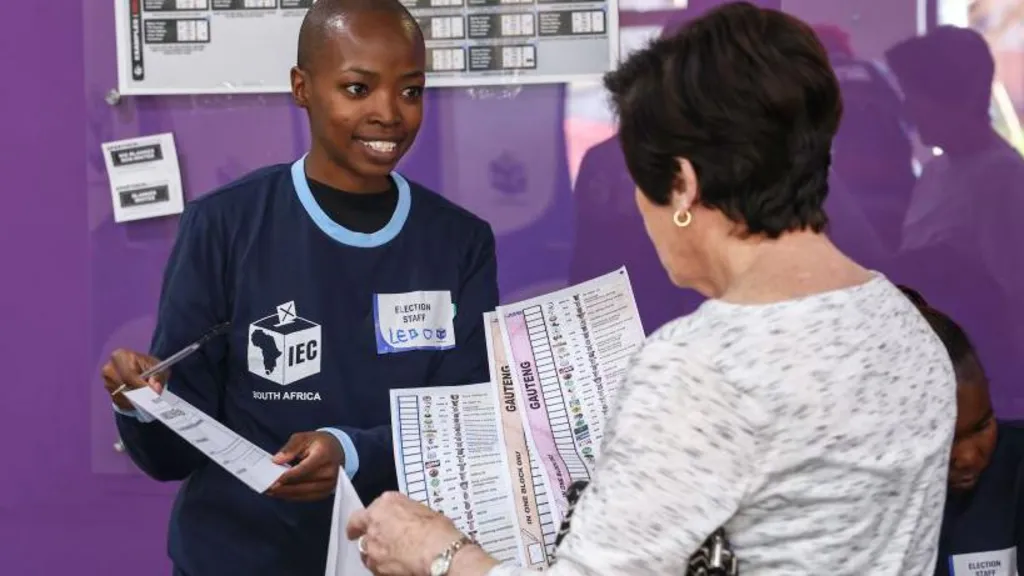SOUTH Africans are set to vote in the most pivotal election since the racist system of apartheid ended in 1994.
More than 27 million people are registered to cast their ballots in a poll that highlights growing political fragmentation after 30 years of democracy.
A record 70 parties and 11 independents are contesting an election that will see South Africans vote for a new parliament, and nine provincial legislatures.
“The huge growth in parties shows disillusionment with the old big parties or, cynics would say, people are looking for an opportunity to get into parliament and earn a pension,” political analyst Richard Calland told the BBC.
In power since anti-apartheid icon Nelson Mandela led it to victory at the end of white-minority rule, the African National Congress (ANC) is seeking a seventh term in office.
Though it is confident of a “decisive victory”, opinion polls have consistently suggested that the party will lose its parliamentary majority for the first time, forcing it to enter into a coalition with one or more opposition party.
“We are entering the next phase of our democracy, and it is going to be a big transition,” Prof Calland told the BBC.
“We will either become a more competitive and mature democracy, or our politics will become more fractured,” he added.
The campaign has been dominated by widespread corruption in government, crushingly high levels of unemployment, especially among the youth, deteriorating public services and rampant crime.
The main opposition Democratic Alliance (DA) has signed a pact with 10 other parties, agreeing to form a coalition government if they get enough votes to dislodge the ANC from power.
But this is highly unlikely, with the ANC expected to remain the biggest party, putting it in pole position to lead a coalition.
It got 57.5% of the vote in the last election compared to the DA’s 21%.







